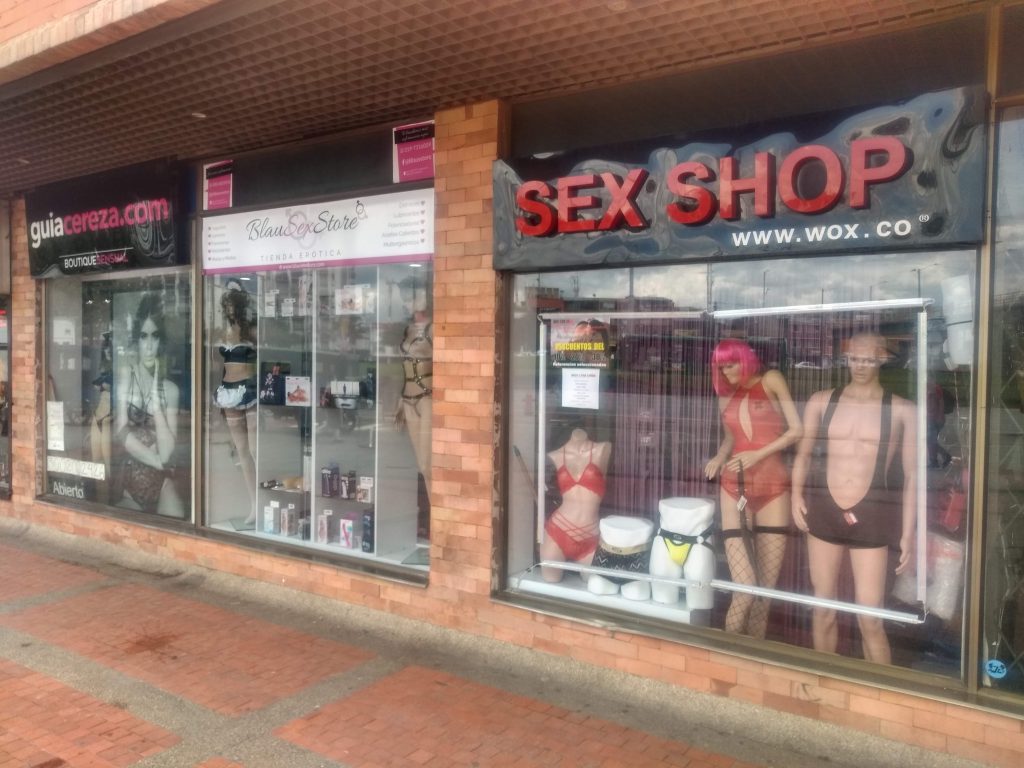
[Listen to an audio version of this blog entry here.]
In a country with an alarmingly high official femicide rate, that the fair treatment of women is never too far off Colombia’s news agenda isn’t surprising.
Catholic virtues
Of course, there’s one thing having grand debates about it in media and politics, quite another effecting meaningful change on the ground. This is particularly so in a region where misogyny appears commonplace.
The UK, on the other hand, superficially at least, appears worlds apart from most of Latin America when it comes to women’s rights. Every now and again, however, a high-profile and/or disturbing case sees the issue become headline news, as has happened recently after the abduction and killing of 32-year-old Sarah Everard.
With that particular ongoing case as the backdrop, the broader subject was discussed on a BBC Radio 4 programme by a panel of politicians and experts.
One of the guests was former UK Supreme Court judge, Lord Sumption — a man whose stance on lockdowns I very much support. He commented that in European Catholic countries — he specifically mentioned Poland, Spain, Italy and the Republic of Ireland — incidences of abuse against women are lower compared to others.
I’m not sure where he’s getting his figures from on this one, but speaking from an Irish perspective, to say that our strong Catholic heritage has contributed to our supposed «better» treatment of women is absurd, to say the least. On what is a long list of arguments against that, I’ll just mention mother and baby homes for one. Abuses simply going unreported must also be taken into account.
That aside, where Lord Sumption may have a point is in terms of our traditional attitudes towards sex, generalising as I am and something that certainly doesn’t appear to apply to the newer generations.
What I’m referring to here, with my own Irish Catholic-influenced upbringing in mind, is the way sex was not really something to be discussed openly. Sexy wasn’t cool.
‘It’s this sexual-object idea that in many ways is the thin end of the wedge.’
If a girl or a woman dressed, let’s say rather liberally, she was not a good sort. ‘Leave that type of thing to the promiscuous English.’ (Contrast this with Colombia, another traditionally Catholic country but one that in many ways has been more open about matters of sex, something I addressed in a previous post.)
Linked to this — and I agree that this is probably more a reflection of me rather than Irishmen in general — the idea of wolf-whistling or shouting sexual «obscenities» at women was something I never even considered. After almost ten years living in Colombia, it still unsettles me the way many men here are very «forward» with women. I’m more in the ‘blessed are the meek’ camp in this regard.
Objects of desire
So while Catholic Ireland’s — not just the church but the state, too — historic treatment of women leaves an awful lot to be desired, viewing them as mere sexual objects hasn’t been chief among its sins.
And it’s this sexual-object idea that in many ways is the thin end of the wedge. It’s also very complex.
From the male perspective, when one is bombarded with very suggestive images/videos of women on a regular basis, well how is one to view them?
OK, you might say just simply don’t seek out such material. The thing is, I for one don’t. But we have various social media, particularly Instagram from my experiences, that promote what I regard as at least mild porn. (A female friend of mine, one who isn’t averse to uploading what could be viewed as suggestive content, agreed with me on this.)
What’s more, many of these posts aren’t by paid models or virtual sex workers, they are from everyday women voluntarily uploading sexed-up content to public forums.
For sure, if this stays in the virtual world, you could say it’s harmless. That is to ignore multifaceted and potentially damaging cyber abuse, though.
You might also argue that women have the right to post whatever they want on social media — free expression and all that. It’s not their fault if some men view them in a perverted way. Fair enough.
Nonetheless, men are generally physically stronger and sexually more aggressive than women. Thus, that some cross what can be at times a thin line between acceptable and unacceptable behaviour towards women isn’t altogether shocking, especially if they feel they have been «enticed» to do so (just to be clear, there’s no thin part of the line when it comes to murdering an innocent victim).
So when trying to combat a serious problem, such publicly available content has the potential to set, nay perpetuate, a narrative in the real world.
On balance, we could do well to actively promote a more sexed-down society, difficult as that may now be.
_______________________________________________________________
Listen to Wrong Way’s Colombia Cast podcast here.
Facebook: Wrong Way Corrigan — The Blog & IQuiz «The Bogotá Pub Quiz».





Comentarios